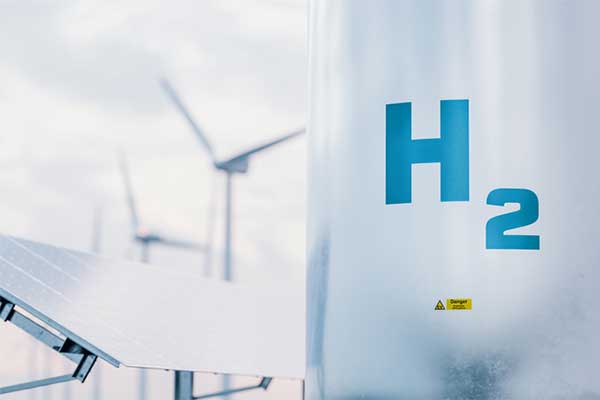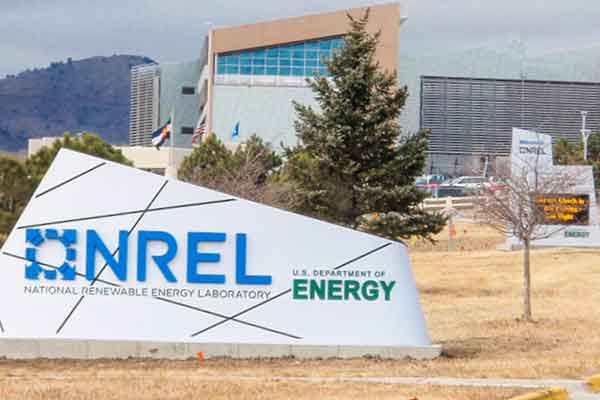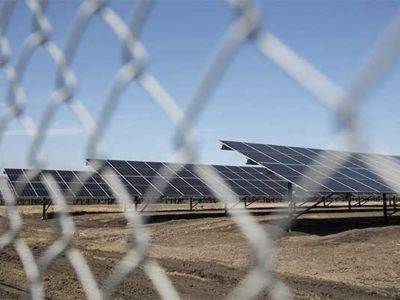- Canada is a global leader in hydrogen research and technology, ranking among the top 10 hydrogen producers worldwide.
- A diverse ecosystem of research institutions, universities, and private companies are driving innovations in hydrogen energy across the country.
- British Columbia and Saskatchewan are pioneering commercial and sustainable hydrogen technologies, respectively.
Hydrogen, the most abundant element in the universe, holds incredible potential for revolutionizing our energy systems. With its wealth of renewable electricity, Canada is uniquely positioned to produce zero-carbon hydrogen through electrolysis.
The country is currently among the top 10 hydrogen producers globally, having attracted over CAD$67 billion in foreign investments in the last five years.
This financial commitment, combined with a well-crafted strategic policy framework, sets the stage for a flourishing hydrogen industry with both economic and environmental benefits.
Regional Innovation and Research Centers
Canada’s hydrogen research landscape is incredibly diverse, encompassing public institutions, universities, and private companies.
British Columbia has become a hub for commercializing hydrogen fuel cell technology. Companies like Ballard Power Systems are leading the way, developing hydrogen fuel cells for a wide range of vehicles, from buses to ships.
On the other hand, Saskatchewan focuses on the challenge of sustainable hydrogen production in water-scarce regions.
The University of Saskatchewan’s Clean Energy Technologies Research Institute is pioneering a groundbreaking process that converts various feedstocks, including low-grade natural gas and industrial byproducts, into clean hydrogen.
Leading universities are also contributing to this innovative landscape.
For instance, the Clean Energy Research Centre at the University of British Columbia, the Hydrogen Research Institute at Université du Québec à Trois-Rivières, and the Clean Energy Research Lab at Ontario Tech University have all established their own hydrogen research programs.
Moreover, the Canadian government is investing in initiatives like the hydrogen pillar of the National Research Council of Canada’s Advanced Clean Energy program and the Canadian Nuclear Laboratories’ state-of-the-art Hydrogen Isotopes Technology Laboratory.
Challenges of Hydrogen Production in Canada
Despite its promising trajectory in hydrogen research and development, Canada faces a set of challenges that could potentially hinder the full realization of a hydrogen-based economy. One significant obstacle is the high cost of producing green hydrogen via electrolysis.
Although Canada has abundant renewable energy resources, the initial capital costs for setting up electrolysers and related infrastructure remain substantial. This economic hurdle is further exacerbated by the relatively low cost of natural gas, which competes with hydrogen as a cleaner fuel source.
The country must identify ways to make the production of green hydrogen more economically viable to accelerate its adoption.
Another challenge lies in the geographical distribution of Canada’s renewable energy resources and industrial centers.
Many of the regions rich in renewable energy, such as hydroelectric power in Quebec or wind energy in Atlantic Canada, are located far from industrial hubs that could most benefit from hydrogen as a clean fuel.
This geographical mismatch necessitates significant investments in transportation and storage infrastructure to move hydrogen from production sites to where it’s needed most. Addressing these logistical complications will be crucial for Canada to efficiently leverage its renewable energy assets for large-scale hydrogen production.
Solutions on the Horizon
In addressing these challenges, a truly green production process for hydrogen could be a game-changer.
Adopting sustainable methods not only reduces the environmental impact but also enhances the long-term economic viability by potentially qualifying for environmental credits and attracting socially responsible investments. By prioritizing a green production process, Canada could solidify its position as a leader in clean energy and make hydrogen a more attractive option for both domestic use and international export.
Looking forward
While Canada’s hydrogen development is impressive, it’s essential to place it in the context of broader global efforts. Countries such as the European Union, the United Kingdom, the United States, China, and Japan each have their own plans and strategies for hydrogen development.
Nevertheless, Canada’s expertise in hydrogen technology plays a critical role in advancing the global transition toward a decarbonized economy.
In this emerging landscape, hydrogen stands as a pivotal element for creating sustainable and clean energy solutions, both in Canada and around the world.















Comments